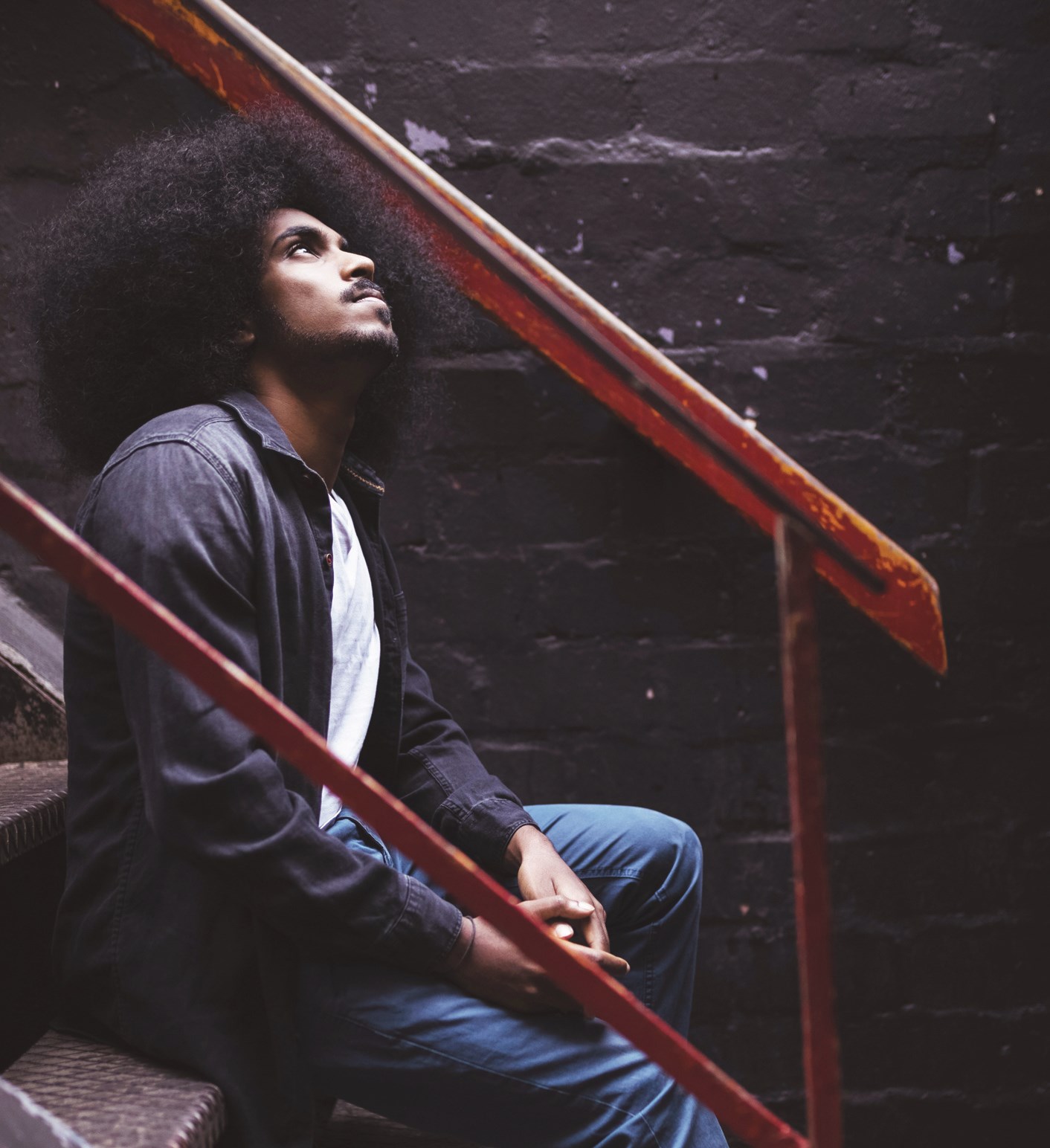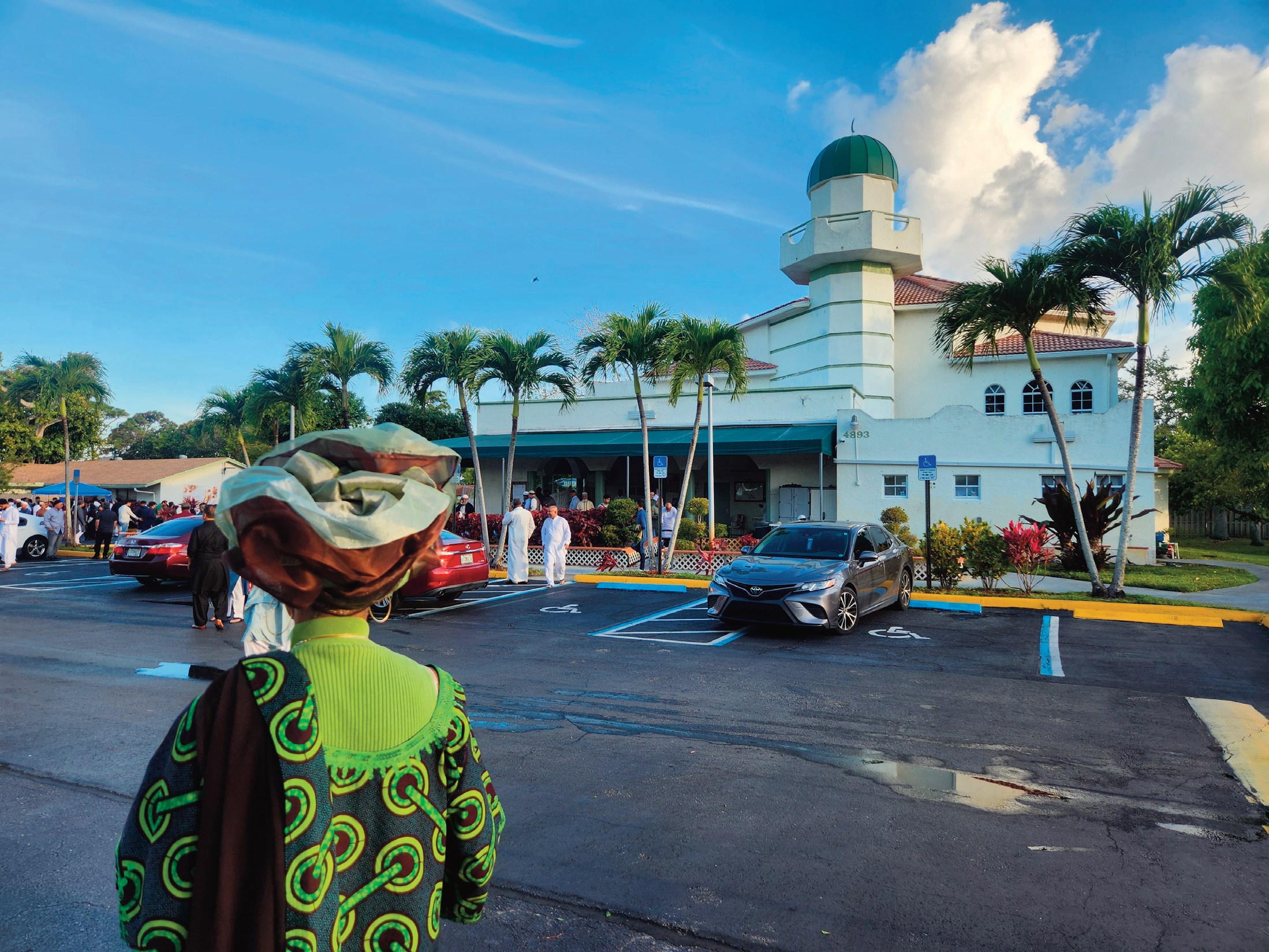 ATLANTA (AP) _ A proposal to change the power structure of metro Atlanta's mass transit system raises the complicated politics of race in Georgia.
ATLANTA (AP) _ A proposal to change the power structure of metro Atlanta's mass transit system raises the complicated politics of race in Georgia.
The tension is evident when comparing the demographics of mass transit riders against those seeking change. Roughly three-quarters of transit riders are black, according to government surveys. The lawmakers seeking a larger political role in transit decisions for northern Atlanta and its predominantly white suburbs are white.
Transportation policy involves a complex mix of public issues _ taxation, financing, economic development. For some residents in and around Atlanta, one unspoken issue often is race.
“It's the fear of white people and black people,'' said Terry Parker, a store owner from Roswell who acknowledged that race shapes his views in the transit debate. Parker is white, as is three-quarters of his community in northern Fulton County. He pays a sales tax to support the Metropolitan Atlanta Rapid Transit Authority but said he dislikes riding a subway and bus system that he perceives as dangerous. “What are you going to do? It's human nature.''
Rep. Mike Jacobs, R-Brookhaven, denies that race is an issue in his proposed overhaul, which he said would benefit all riders. He said his plan would stabilize MARTA finances, put limits on its debt and position the agency for future growth.
“Unfortunately there are people in our community who play that card,'' he said, speaking of race issues. “But it really does a disservice to the fact that people who ride MARTA as a matter of necessity and people who would like to ride MARTA as a matter of choice universally look to systems like Washington, D.C., and New York and Boston and Chicago and say, `Wow, we'd like to have something more like that.'''
The MARTA board declined through agency spokesman Lyle Harris to comment on the legislation.
His bill, even if unintentionally, has political consequences that unfold along race lines. It would keep MARTA's board at 11 voting members but change who appoints some of them. For example, the Fulton County Commission, dominated by black Democrats, now selects its own appointees to the MARTA board, though they must by law come from certain regions.
By contrast, Jacobs' bill would allow a caucus of municipal mayors to pick two of the three MARTA board members from northern Fulton County. The mayors would come from communities including Johns Creek, which is 64 percent white; Roswell, 75 percent white; Milton, 77 percent white; and Sandy Springs, 65 percent white.
Commission members and mayors from southern Fulton County would pick the third Fulton representative to the board. That board member would be picked by politicians who mostly represent majority-black communities.
The DeKalb County Commission, dominated by black Democrats, would cede one of its four board appointees to a similar caucus of local mayors. The governor would name another voting member.
Others aspects of Jacobs' plan would privatize back-office support functions to save money, put limits on MARTA's debt and eliminate a defined-benefit pension system for new unionized workers. In return, Jacobs' plan would extend a temporary suspension of a rule forcing MARTA to spend half of its revenues on its capital budget _ a restriction that is unique in state government.
MARTA is an easy political foil for Republicans in Georgia's Statehouse, who typically come from suburban or rural stretches of Georgia. They oppose organized labor. MARTA serves urban Atlanta and has a unionized workforce.
Jacobs said his constituents also complain about what he called “knucklehead'' behavior on the system, even though he said MARTA's low crime rate compares favorably with other transit agencies. In the agency's last survey, less than half of a percent of riders said they were the victims of a crime on a bus or subway during the preceding month.
Rep. Billy Mitchell, D-Stone Mountain, a black lawmaker who sits on the transit oversight committee, said the region made a mistake when neighboring Cobb, Gwinnett and Clayton counties declined to join MARTA. It resulted in a less diverse mix of riders. Cobb and Gwinnett are majority white counties. Clayton was majority white when MARTA was first proposed, but it's now majority black.
“Believe it or not, there were communities in the metro area that did not want it simply because they felt that there would be an undesirable element, citizens, who would evidently ride MARTA to their communities, steal their TVs, electronics and get back on MARTA to go home, apparently, because they did not wish for MARTA to be in their communities,'' Mitchell said.
Mitchell said he believes attitudes are improving. He said some lawmakers backing the GOP-led overhaul might be seeking political buy-in for MARTA from a larger constituency.
Still, there is tension.
Nick Holman, 34, who works in Roswell, said he drove to the nearest MARTA station and rode the subway downtown to Georgia State University while he was a student. He said taking public transit was easier than driving on crowded highways and cost less than city parking.
Still, Holman said some suburban _ and largely white _ communities view the system as primarily serving minorities.
“A lot of the northern suburbs don't want MARTA because they think it could bring an undesirable element,'' Holman said. “But that's stupid.''












No Comment